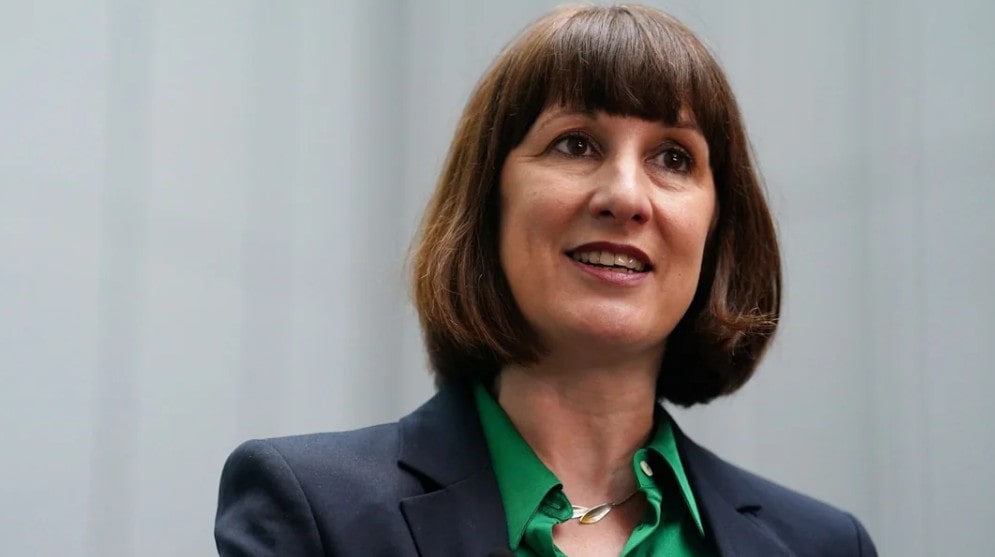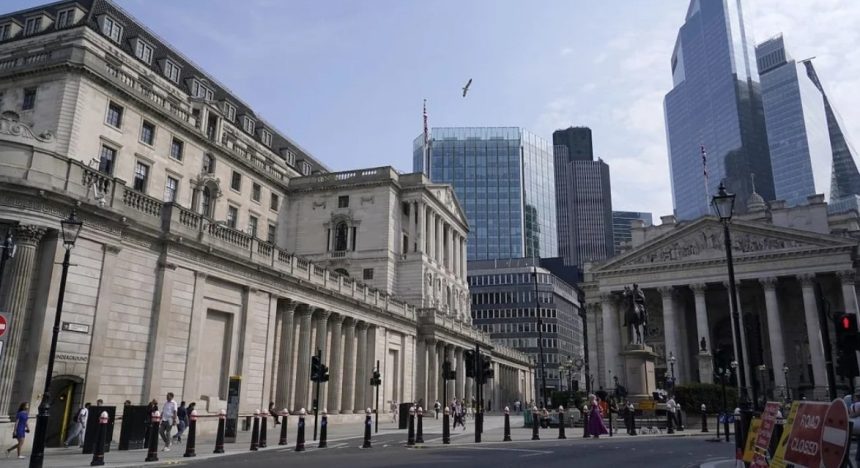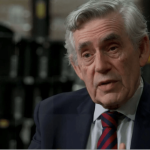Mortgage holders will be breathing a sigh of relief today as the Bank of England has announced yet another interest rate cut, the third so far this year, bringing the base rate down to 4%.
In a decision closely watched by markets and homeowners alike, the Bank’s Monetary Policy Committee (MPC) voted to reduce the base rate, signalling a potential turning point in the ongoing battle against inflation.
Despite persistent inflation concerns and the shadow of new US tariffs under Donald Trump, the central bank opted to loosen policy once again in hopes of stimulating economic growth.
“Today’s rate cut is the clearest sign yet that the Bank is shifting gears,” said one City analyst. And with mortgage lenders expected to start pricing in the move quickly, many homeowners could soon see some welcome relief.
Narrow Vote Decides Third Cut in 2025
The decision wasn’t unanimous. MPC members were evenly split 4-4 in an initial vote. A second round broke the deadlock, with five backing a 0.25% cut, while one member pushed for an even larger reduction.
This is now the fifth rate cut since August 2024, when interest rates peaked at 5.25%. The move reflects mounting pressure to kick-start consumer spending and support a flagging property market.
“This latest move will be welcomed by borrowers but may hit savers who’ve become accustomed to higher returns over the past two years.”
Good News for Reeves, But Savers to Lose Out
The cut is a win for Chancellor Rachel Reeves, whose efforts to boost economic momentum have been met with mixed success. Lower borrowing costs could inject some life into consumer confidence and spending, just as inflation starts to cool.
However, there’s a flip side. Savers will once again see a decline in interest earned, reigniting frustration among those who’ve benefited from improved savings rates over the past 18 months.

With the base rate now at 4%, this shift could pave the way for cheaper mortgages – potentially bringing fixed-rate deals below the psychologically important 4.5% threshold in the coming months. But the outlook for savers isn’t as rosy.
Trump Tariffs Rattle Markets
Adding to the financial landscape, US-imposed tariffs under Donald Trump’s renewed trade policies have begun to take effect. UK stock markets reacted swiftly, with the FTSE 100 showing signs of volatility in early trading.
Despite the positive domestic policy shift, global uncertainties remain. Analysts warn that if inflation resurfaces or international markets falter, the Bank may be forced to reverse course quickly.

Halifax House Price Index Reveals Hotspots
On the housing front, fresh data from Halifax revealed where UK property prices have surged the most in recent months. Regional hotspots continue to defy expectations, with northern cities outperforming much of the south in annual growth.
The Bank of England is walking a tightrope. Lowering rates too fast risks fuelling inflation again. But keeping them high could stall growth just as households begin to feel the strain of two years of elevated costs.
Markets are now pricing in the possibility of one more rate cut before the end of 2025 – but nothing’s guaranteed. As always, the MPC’s next move will depend on a delicate mix of data, diplomacy, and economic direction.






